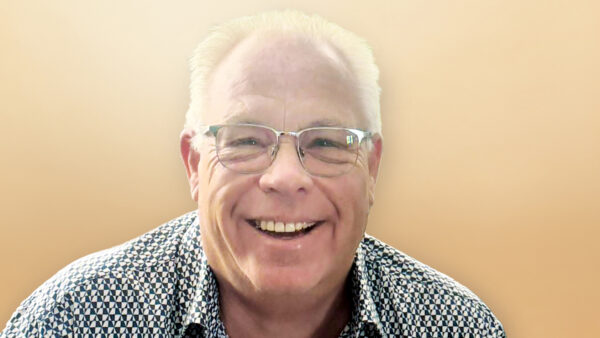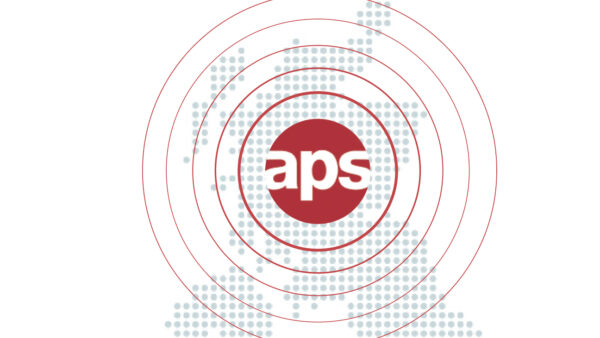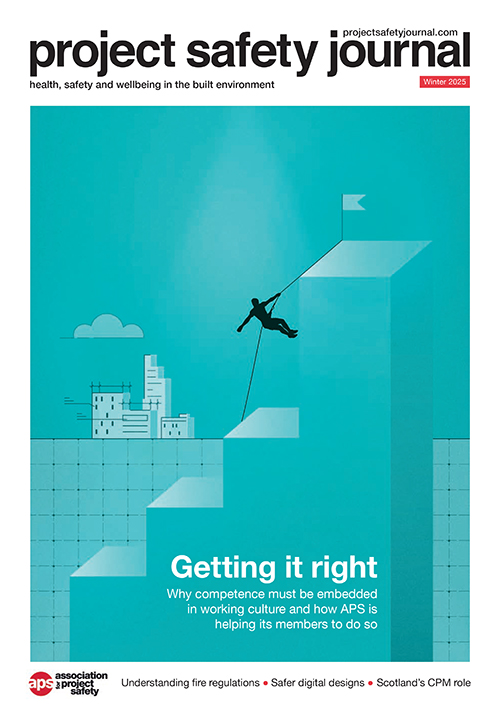
In the second of Project Safety Journal’s new regional spotlights, we catch up with John Murray and Paul Cheyne, the two APS regional representatives for Northern Ireland.
Uncertainty might be the one word to sum up the state of play for APS members in Northern Ireland (NI). There are question marks over the economy, the legislative programme – as Stormont continues to be suspended – and what might be in store regarding changes to regulations around building safety.
On a positive note, in the first half of 2023 the construction economy cantered along nicely, leading to an overall output for 2023 up 5.8% on the previous year. The top 10 projects in the pipeline in the province total around £5bn, including, according to Barbour ABI, the £1bn Children’s Hospital development in Belfast and road projects worth £800m.
In February a revision to the Northern Ireland Protocol, known as the Windsor Framework, was agreed, easing the long-running Brexit saga.
But the clouds have been gathering for the NI economy, with the construction sector recording a sharp decline in September as new orders fell for the fourth month in a row.
Uncertain landscape
APS regional representatives Paul Cheyne and John Murray point to this uncertain landscape – with, in Cheyne’s case, workloads being very up and down. Inflation is having an impact too. “We were appointed by one council to work on four new community centres in different towns. But they came back to us and said, with the same pot of money we’re now only able to deliver two,” he says.
The rate of construction cost inflation in Belfast outstripped other major UK cities to hit 11% last year, according to a report in June 2023 from global professional services firm Turner & Townsend.

Cheyne is a director of Hasco Europe, based just outside Belfast, which specialises in principal designer and CDM services.
Murray is an associate H&S practitioner in McAdam, a multi-disciplinary consultancy in Belfast, and has done various CDM/H&S professional roles for over 24 years.
When the APS went through its governance restructure, Cheyne and Murray were elected as the two representatives to the National Members Representative Group (NMRG), which discusses issues around the regions and reports upwards through a dedicated seat on the APS Board.
“New legislation in Northern Ireland always runs slightly behind what is happening in the UK. The implications of the Building Safety Act have started to come more onto our radar and the Central Procurement Delivery Unit, which is responsible for public procurement policy in Northern Ireland, recently held a seminar and other professional organisations are doing the same,” explains Murray.
Key differences
There are other obvious differences – building control is carried out by local authorities in NI, rather than a mixture of local authorities and approved inspectors as in Great Britain. There is not such a prevalence of high-rise buildings either.
Fortunately, the issue with RAAC has not hit the headlines as it has in Great Britain. Murray says: “At this stage, it is about keeping an eye on it until we know what changes and the impact they will have.”
He adds: “The material does not appear to have been so widely used – though schools and other public bodies are investigating whether it is present in their buildings. We shall not have a full picture of the problem until surveys are completed and results made public.”
Murray and Cheyne have both been APS members for nearly 20 years and were committee members of the NI region. They are keen to see a revival of the networking and informal knowledge exchange they enjoyed under the former regime.
They are asking that at least five APS NI members come together and submit a request to a NMRG representative to set up a new NI branch, to create or support local events and to meet and discuss issues around legislative and technical challenges affecting NI.
The NMRG representatives support development of a new branch and are keen to hear from local members.
Members who are interested should contact Paul Cheyne at [email protected] or John Murray at [email protected].











